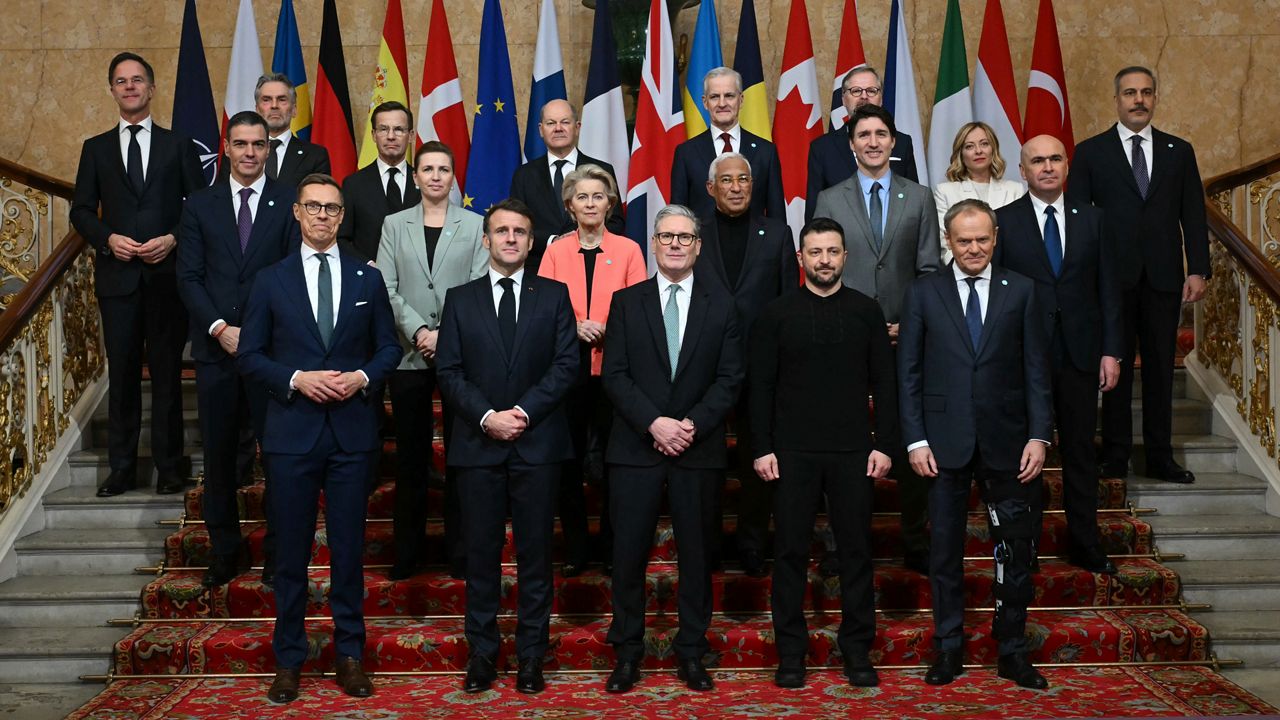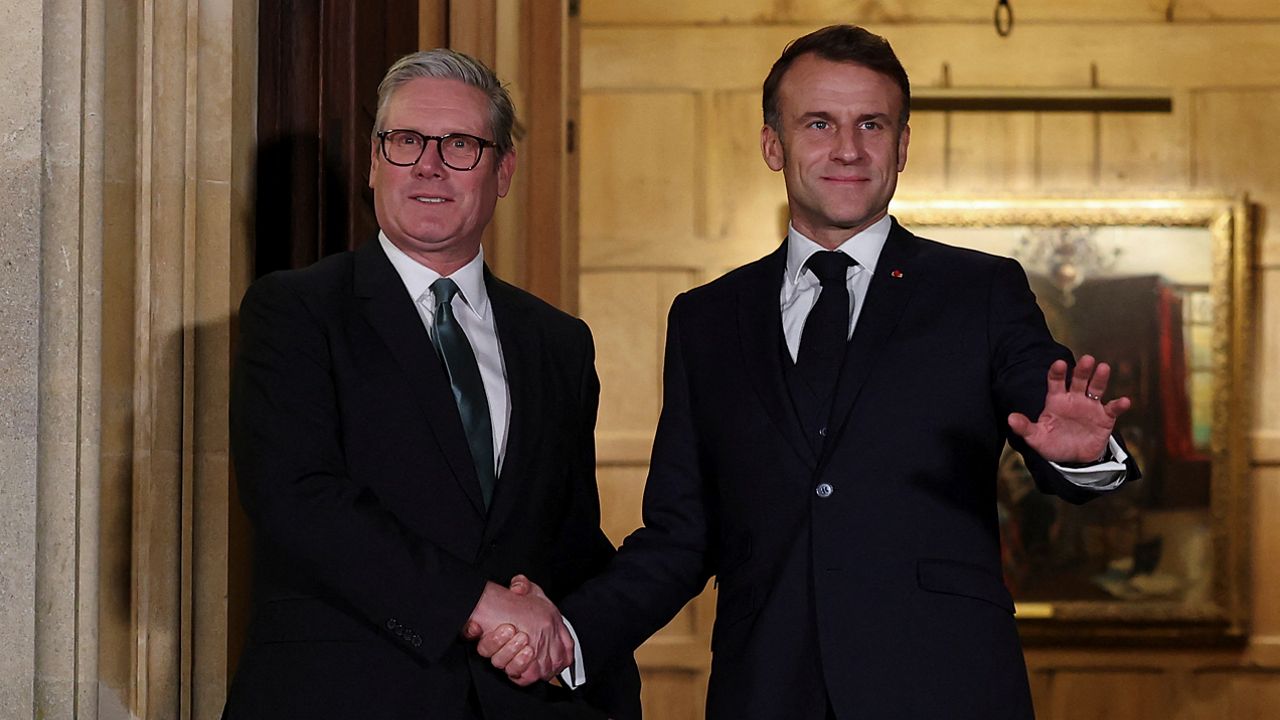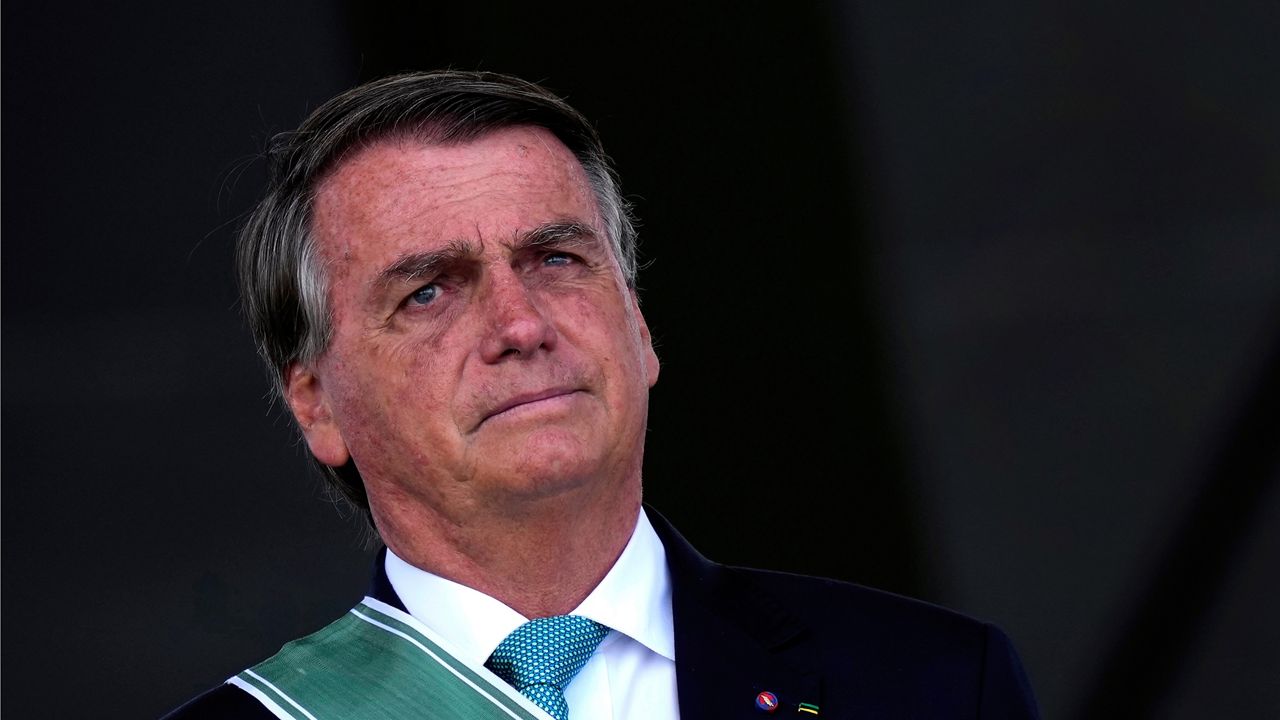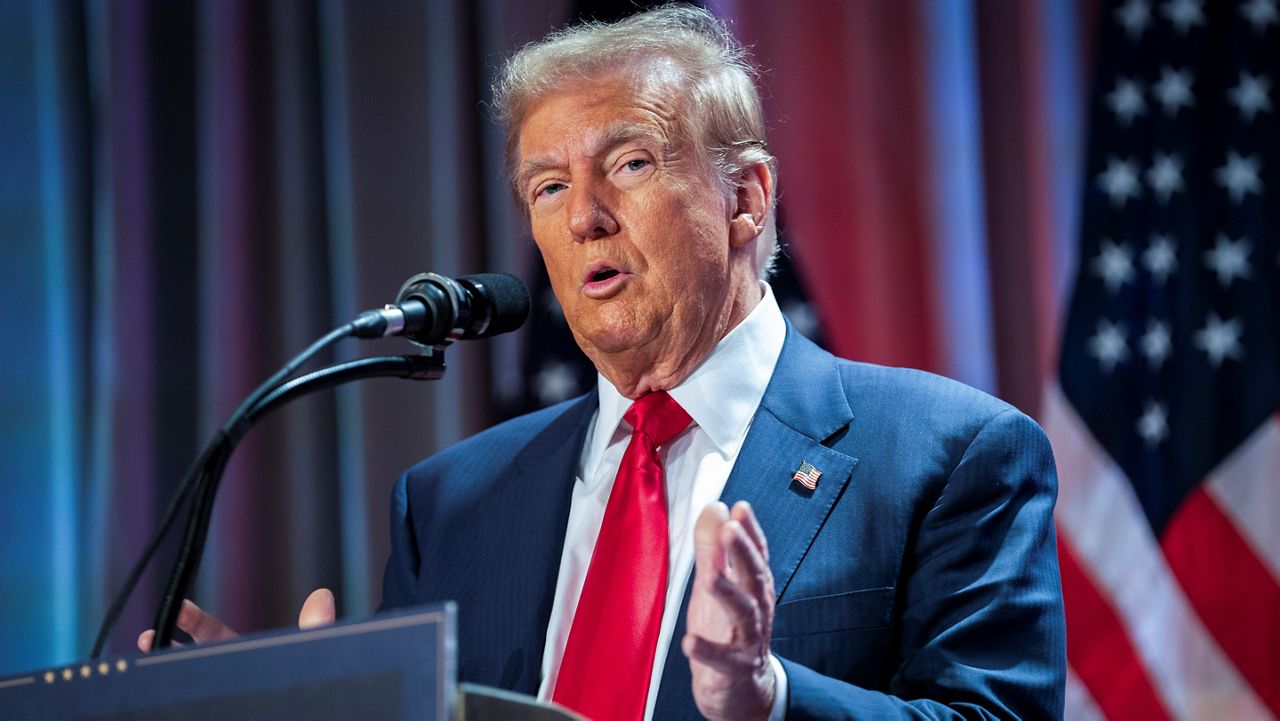As part of his visit to the United States, Indian Prime Minister Narendra Modi gave an address in front of Congress on Thursday afternoon.
But not every member was thrilled with the presence of the leader of the world’s most populous nation: several Democrats boycotted the speech, including the two Muslim women in Congress, over his treatment of India’s Muslim minority.
“By bestowing Prime Minister Modi with the rare honor of a joint address, Congress undermines its ability to be a credible advocate for the rights of religious minorities and journalists around the world,” four Democrats said in a joint statement, including Rep. Rashida Tlaib, D-Mich., and Rep. Ilhan Omar, D-Minn., both of whom are Muslim. “Modi has a notorious and extensive record of human rights abuses. He was complicit in the 2002 Gujarat riots that killed over 1,000 people, leading to the revocation of his U.S. visa.”
“His government has openly targeted Muslims and other religious minorities, enabled Hindu nationalist violence, undermined democracy, targeted journalists and dissidents, and suppressed criticism using authoritarian tactics like Internet shutdowns and censorship,” the statement continued.
Rep. Cori Bush, D-Mo., and Rep. Jamaal Bowman, D-N.Y., also signed onto the statement.
The only other Muslim member of Congress, Rep. André Carson, D-Ind., did not respond to an inquiry about whether he planned on attending. It was not immediately clear if he did.
Modi has long been the subject of criticism for his role in India’s Hindu nationalist movement and his treatment of Muslims in the country. In 2002, while the chief minister of the Indian state of Gujarat, over 1,000 people, mostly Muslims, were killed in several days of rioting.
The U.S. State Department denied his diplomatic visa in 2005, with then-U.S. Ambassador to India David Mulford citing Indian National Human Rights Commission report that concluded there was "a comprehensive failure on the part of the state government to control the persistent violation of rights of life, liberty, equality, and dignity of the people of the state."
The ban was eventually lifted after he was first elected prime minister in 2014. In the nearly decade since he’s been scrutinized by watchdog organizations and the State Department for restricting political expression and press freedoms in the world’s largest democracy and promotion of religious intolerance towards Muslims and other non-Hindu minority groups.
“Significant human rights issues included credible reports of: unlawful and arbitrary killings, including extrajudicial killings by the government or its agents; torture or cruel, inhuman, or degrading treatment or punishment by police and prison officials; harsh and life-threatening prison conditions; arbitrary arrest and detention; political prisoners or detainee,” a 2022 report from the State Department read, going onto list dozens of other concerns.
In 2022, the U.S. Holocaust Memorial Museum ranked India the eighth-highest country on its list of nations at risk of mass killings.
Reps. Alexandria Ocasio-Cortez, D-N.Y., and Summer Lee, D-Pa., also said they were boycotting Modi’s speech.
“A joint address is among the most prestigious invitations and honors the United States can extend,” Ocasio-Cortez said in a statement. “We should not do so for individuals with deeply troubling human rights records — particularly for individuals whom our State Department has concluded are engaged in systematic human rights abuses of religious minorities and caste-oppressed communities.”
Rep. Pramila Jayapal, D-Wash., who was born in India, and Sen. Chris Van Hollen, D-Md., spearheaded a letter Tuesday calling on President Joe Biden to “discuss the need to protect human rights and democratic values in India” with Modi while he was in the United States. Over 70 lawmakers signed on.
“Indians and Americans are both peoples who innovate and create, turn obstacles into opportunities, who find strength in community and family, and who cherish freedom and celebrate the democratic values of universal human rights, which face challenges around the world and in each of our countries” Biden said alongside Modi at the White House. “But which remain so vital to the success of each of our nations: press freedom, religious freedom, tolerance, diversity.”







